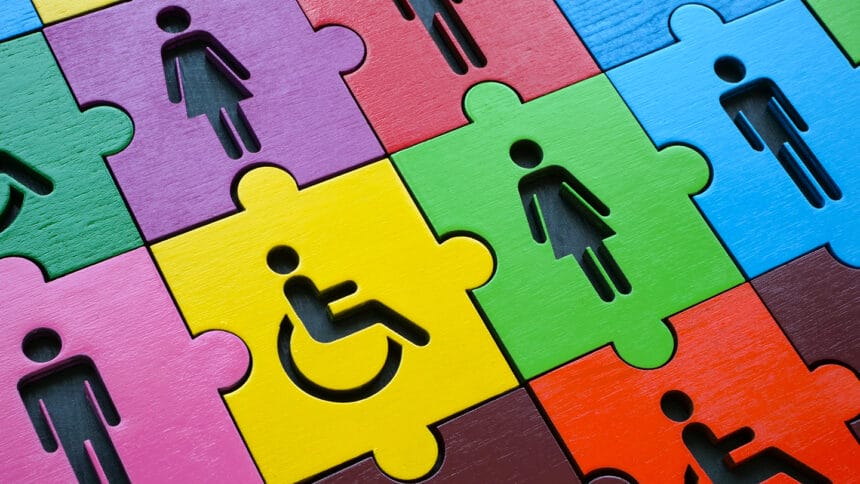The term “diversity, equity and inclusion” (DEI) is falling out of favor among American businesses, as the name has taken on a negative and politically charged connotation, according to a recent news article.
“Amid growing legal, social and political backlash, American businesses, industry groups and employment professionals are quietly scrubbing DEI from public view — though not necessarily abandoning its practice,” The Washington Post reported. “As they rebrand programs and hot-button acronyms, they’re reassessing decades-old anti-discrimination strategies and rewriting policies that once emphasized race and gender to prioritize inclusion for all.”
Molson Coors beverage company has eliminated the DEI acronym DEI, according to the Washington Post, and “People & Planet” metrics have replaced environmental, social and governance (ESG) goals at the company.
DEI initiatives were a hot topic a few years ago in the wake of George Floyd’s murder and ensuing protests. However, the idea has become a hotbed of controversy of late, as being considered too “woke” by conservatives, according to the Post.
The Supreme Court intervened in Florida, where the “Stop the Wrongs to Our Kids and Employees (WOKE) Act” would have banned workplace training on some DEI initiatives. The High Court determined that the law was unconstitutional under the first amendment.
Some companies are starting to consider DEI as a risk factor, Bloomberg Law reported.
“Companies are really in a Catch-22,” said Michael Elkins, a labor and employment attorney and founder of MLE Law. “I’m not sure which fear is greater right now: the fear of getting sued for having a program or the fear of getting sort of taken to task by eliminating the program.”
The emphasis now less is on diversity and equity, and more on the inclusion aspect in hiring.
“We underestimated that inclusion was the real challenge,” Johnny C. Taylor Jr., chief executive of the Society for Human Resource Management, told the Post. “Now people are saying, ‘Not only should we probably call it something different, we should probably evolve it.’”



